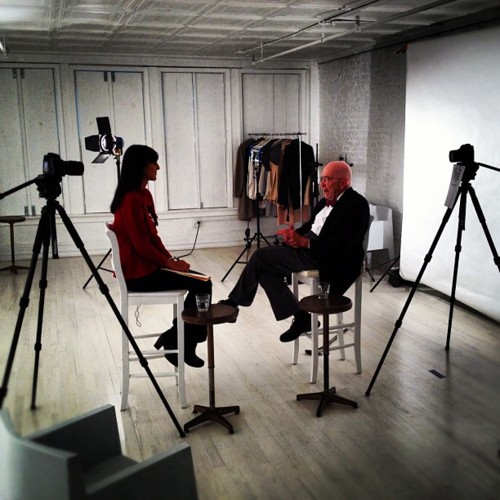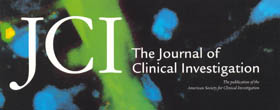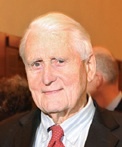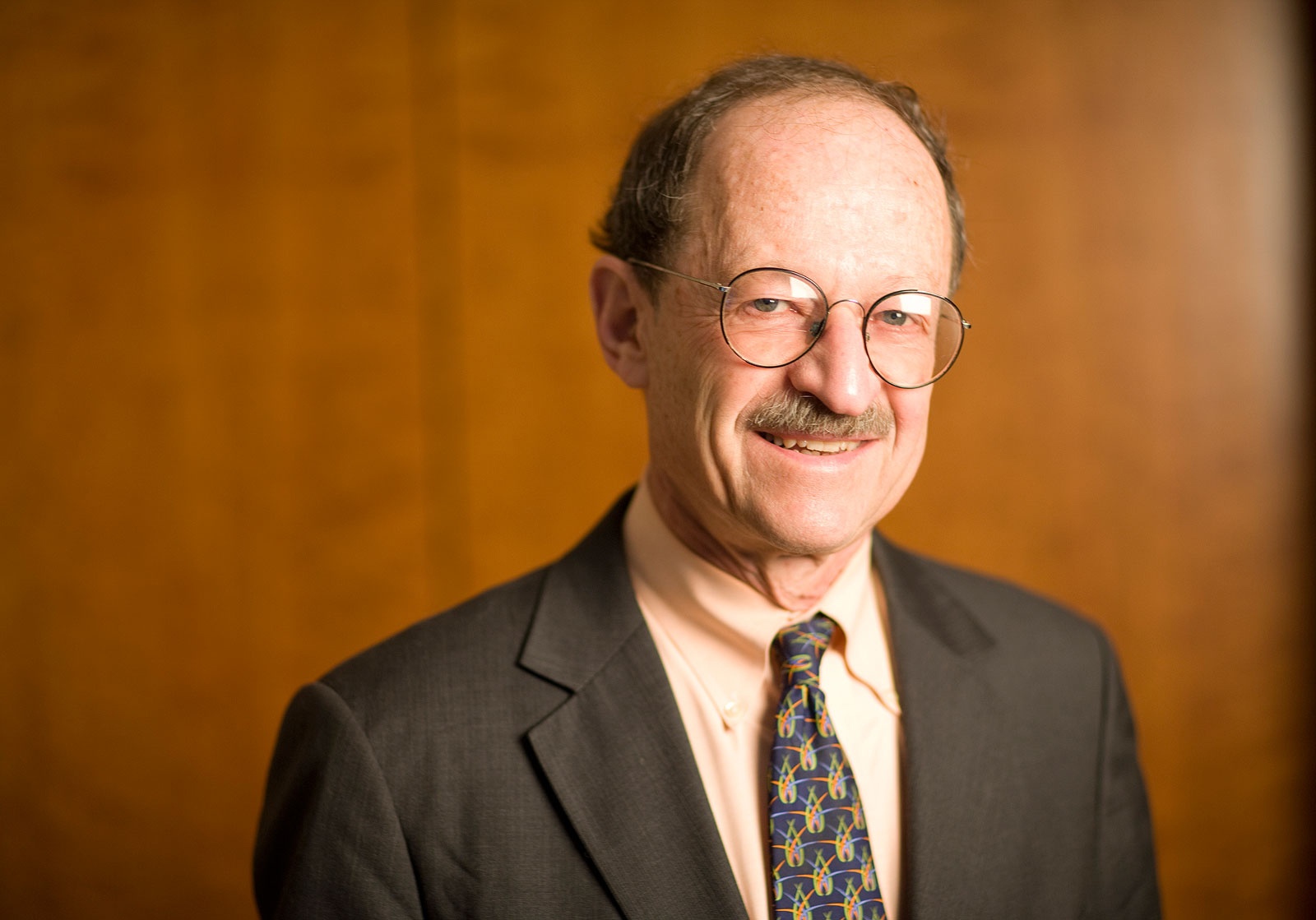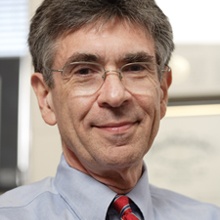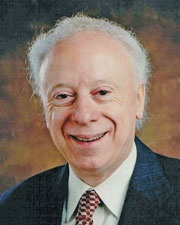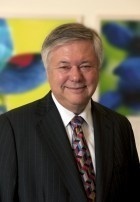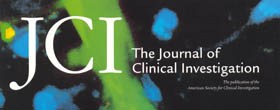Conversations with Giants in Medicine - Dr. Eugene Braunwald
In New York, Dr. Braunwald attended Brooklyn Tech, where he initially leaned towards engineering but at the last minute decided to pursue medicine. He explains the shift:
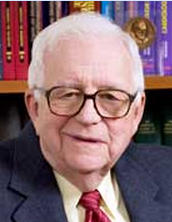 "I think there was a push and a pull. I think the push was that there were a lot of courses in shop, and drafting which I was not really very good at. I did well in mathematics and physics but not in the manual courses which of course weren't really necessary for engineering but that's the way the school was designed. So I became uncomfortable about that. And then I thought that [engineering] was quite impersonal. And so those are the two things that [drove me to medicine]."
"I think there was a push and a pull. I think the push was that there were a lot of courses in shop, and drafting which I was not really very good at. I did well in mathematics and physics but not in the manual courses which of course weren't really necessary for engineering but that's the way the school was designed. So I became uncomfortable about that. And then I thought that [engineering] was quite impersonal. And so those are the two things that [drove me to medicine].""But when I went to medical school," he continues, "I had an early interest in cardiology because cardiologists were either electricians or plumbers - either electrical engineers or mechanical engineers. So cardiology is the closest thing in medicine to engineering."
Dr. Braunwald goes on to discuss how he came to land as the Chairman of Medicine at Harvard Medical School.
 Dr. Eugene Braunwald,
Dr. Eugene Braunwald,  giants in medicine,
giants in medicine,  ushma neil |
ushma neil |  Print Article
Print Article  Email Article Posted on
Email Article Posted on  Tuesday, January 1, 2013 at 1:55PM
Tuesday, January 1, 2013 at 1:55PM  Permalink in
Permalink in  biotech
biotech 
